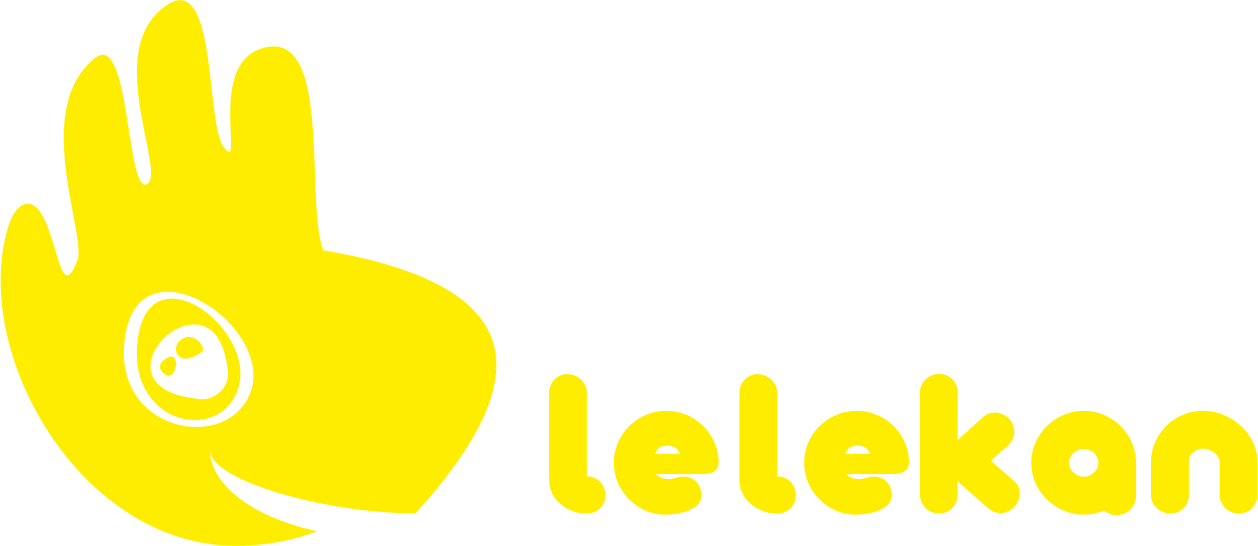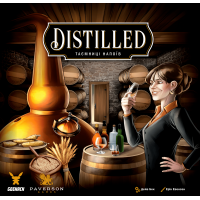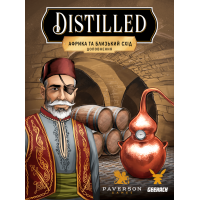Distilled game overview and brief rules
Related Products

You have inherited an old distillery and are burning with the desire to restore the former glory of the family business.

Over the course of seven rounds, you'll learn spirits recipes, buy the right ingredients for them, create drinks, sell them and improve your distillery. All this in order to earn the most victory points and become the best master of his craft.
At the beginning of the game, each player will receive two characters, of which he must keep one for himself. The choice of character depends on what ability you will have, what will be the size of the starting capital and what will be the starting ingredients.

In addition to this, each character has their own signature recipe, ingredient and affiliation to a certain region.

At the beginning of the game, each player will receive 3 cards of personal goals, for the achievement of which at the end of the game he will receive additional victory points. You need to keep only two of the three goal cards.

The game lasts 7 rounds, each of which is divided into 4 phases:
MARKET PHASE
During this phase, players make 1 buyer each and pass the move until everyone says "pass".
Each drink necessarily consists of three ingredients: water, yeast and sugar.

1. In the regular market you can buy: yeast, water, one of three types of sugar and containers for storing the drink. When you buy yeast or water from the regular market, you get the bonus indicated on the card (1 coin or view a card from the deck of the elite market with the possibility of purchasing it).

In the normal market, you can only buy 2 cards in the entire market phase. The purchased ingredients go to the pantry, and the containers go to the utility room.

Depending on the type of drink being created, it will be possible to sell it immediately after creation, or send it to the warehouse so that it reaches the required age, and only then sell it. For storage in the warehouse and required containers.

2. In the elite market, you can buy elite versions of everything that is available in the regular market. Using elite ingredients in your drink earns you more victory points and more money for selling it.

In addition to this, in the elite market you can buy improved versions of barrels and bottles, which you will need to sell or age the drink. Using elite tanks will earn you victory points depending on the quality of the tank itself.

All available distillery upgrades are also sold in the elite market, and each of them has a unique property. Purchased improvements are placed on the tablet of your room, which has only 3 cells for improvements (but they can be replaced).

After buying any card in the elite market, all other cards of the purchased type are shifted to the right, and a new card is opened. And at the end of the phase, when everyone has said "pass", the rightmost card of each suit is sent to reset, all cards are shifted to the right, new ones are added. If any of the decks run out, the discard shuffles and forms a new deck.
3. Buying a recipe is necessary in order to learn how to make new types of drinks. You cannot create a potion without having the recipe to create it. Each player has the same list of available recipes. No recipe is needed to create the first two types of drink – vodka and moonshine. Other recipes are divided into 3 types: bronze, silver and gold.

When you buy a recipe, you mark any drink on your list that matches the color of the purchased recipe cube.

Each of the drinks belongs to the region, these designations are needed to fulfill some personal goals. The recipe for each of the drinks includes a unique set of conditions of ingredients that should be present and ingredients that should not be in it.

In addition to this, it indicates what capacity is required for this drink and the aging requirement.

The recipe for each drink shows how many victory points will be earned by selling that drink. If a drink recipe has a house icon instead of a region, then that drink is the same as your character's region.
DISTILLATION PHASE
All players simultaneously choose which ingredients to add to their fermentation vats.

For each added sugar, you need to add 1 card of alcohol.

All the cards in the tank must be placed face down, shuffled, and the top and bottom cards of the deck must be removed, returning them to their storage. This is an imitation of the distillation process, during which the so-called "heads" - concentrates of harmful impurities formed during distillation, and "tails" - poisonous substances that give an unpleasant smell and taste, are removed. The remaining deck needs to be opened. This will be the result of your distillation.

If this result fits the requirements of the recipe you have, then you have succeeded in creating a drink. Now all you have to do is add a storage container and get a label for your created drink. If your distillation result meets the requirements of several recipes at the same time, you choose what to create. The number of labels is limited and players receive them on a turn-by-turn basis. Someone may not get the label.

At the start of this phase, you may trade 1 card from your Vault for 1 card from the Regular Market of equal or lesser value.
SALE PHASE
In this phase, you need to sell the created drink, if it does not require aging. In addition to this, you can sell a drink that has reached the desired age in your storage.
The sale takes place one drink at a time. To sell, you need to lay out the entire drink deck with its capacity and add the bottle card to it.

Get the amount of money shown on all cards in the drink deck + storage container card + bottle card + recipe money (vodka and moonshine only). Get victory points on all drink cards sold + recipe victory points + stamina bonus. The stronger the drink, the more victory points it will bring.

Place the label on one of the seven available bonus slots and claim it.

The starting container and bottle cards must be returned to the pantry. Elite bottle cards must be placed separately next to the tablet. For them, you will receive additional victory points at the end of the game.

Normal cards used for a drink are returned to the normal market. Alcohol cards - in your stack. All elite cards are in their discard piles. Taste cards - for reset.
HOLD PHASE
In this phase, all potions in your storage receive a flavor map. The more flavor cards a drink gets, the more winning points and money its sale will bring.

1. If in the sell phase you did not sell your potion because it requires aging, place it in storage with all cards in use without the container face down. Only 2 drinks can be in storage at a time. If you want to put a third there, something will have to be sold.
2. Without looking, add 1 flavor card to the bottom of this deck.
3. Place a storage container card and label on top of this deck.
If you already have a potion in your storage during this phase, without looking, add 1 flavor card to the bottom of this deck. If in the last round you create a potion that requires aging, you can't sell it, but you get victory points from all the cards in it + victory points for its recipe.
After all players have sold and held their drinks, the round ends, the first player's token is passed around the circle.

Before starting a new round, it is necessary to check whether any of the players have reached the general objectives (these objectives are opened at the beginning of the game by the number of players +1). If there is such a player, he receives victory points for this, the overall goal token is flipped over, and it is unavailable. If there are several applicants for the same goal, they divide the award in half, rounding up. Branded recipe labels are not considered general purpose.

If you didn't sell your drink this turn, you can hold a tasting at your distillery: spend up to 4 winning points and get 1 coin for each point spent.
At the end of the game, players receive victory points for:
1. drinks left in the storage room (without money and glasses for aging);
2. Collected collections of bottles;
3. improvement of the distillery (as indicated on the maps);
4. personal goals;
5. the money left in the reserve (6 to 1).






